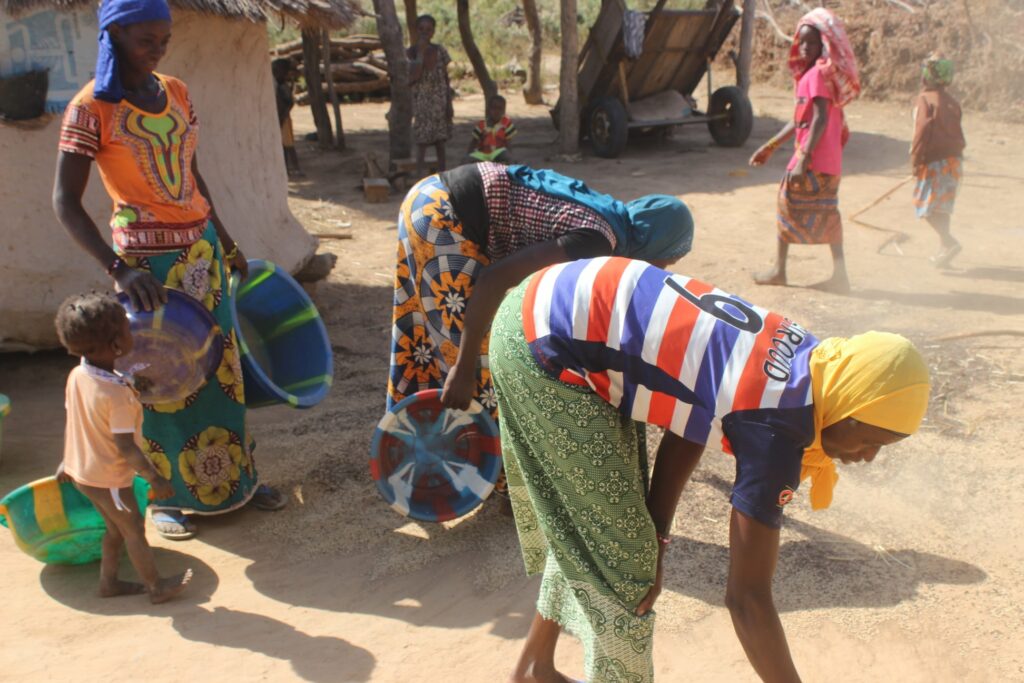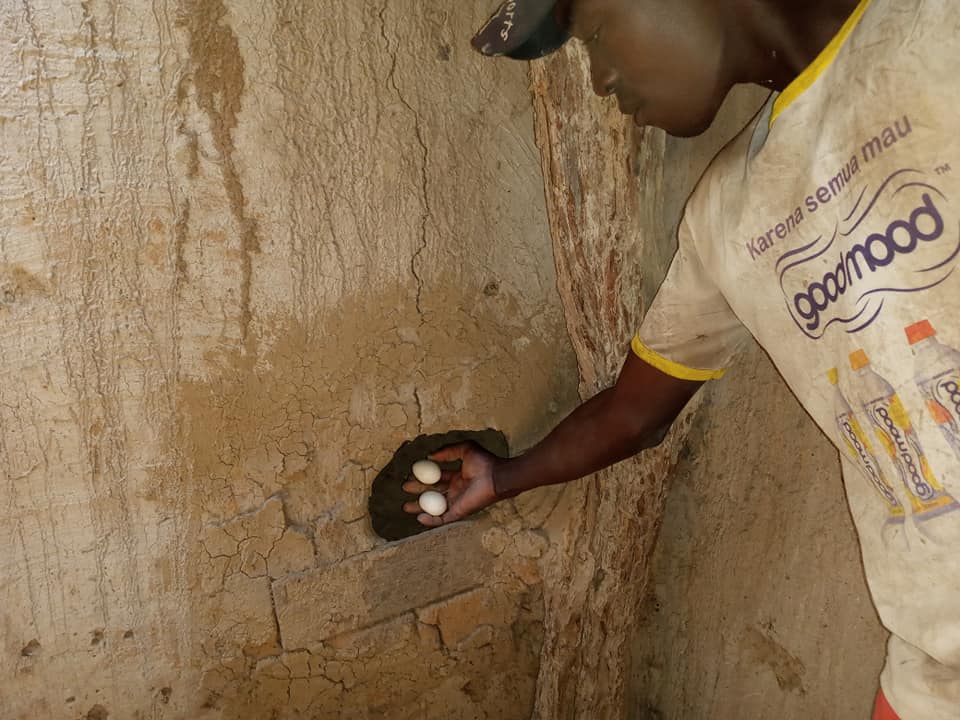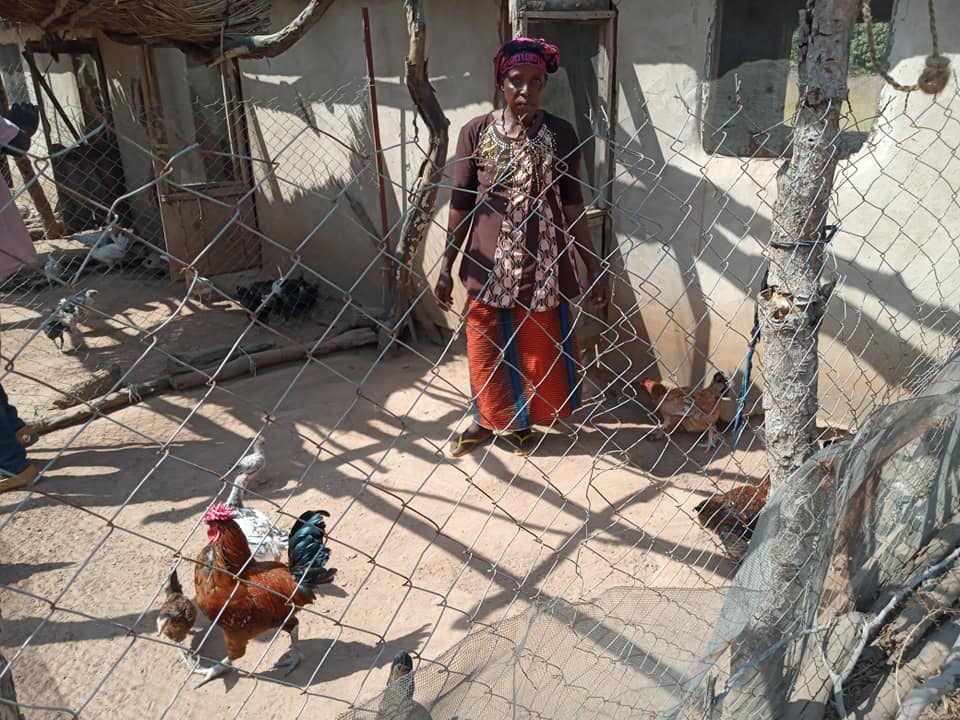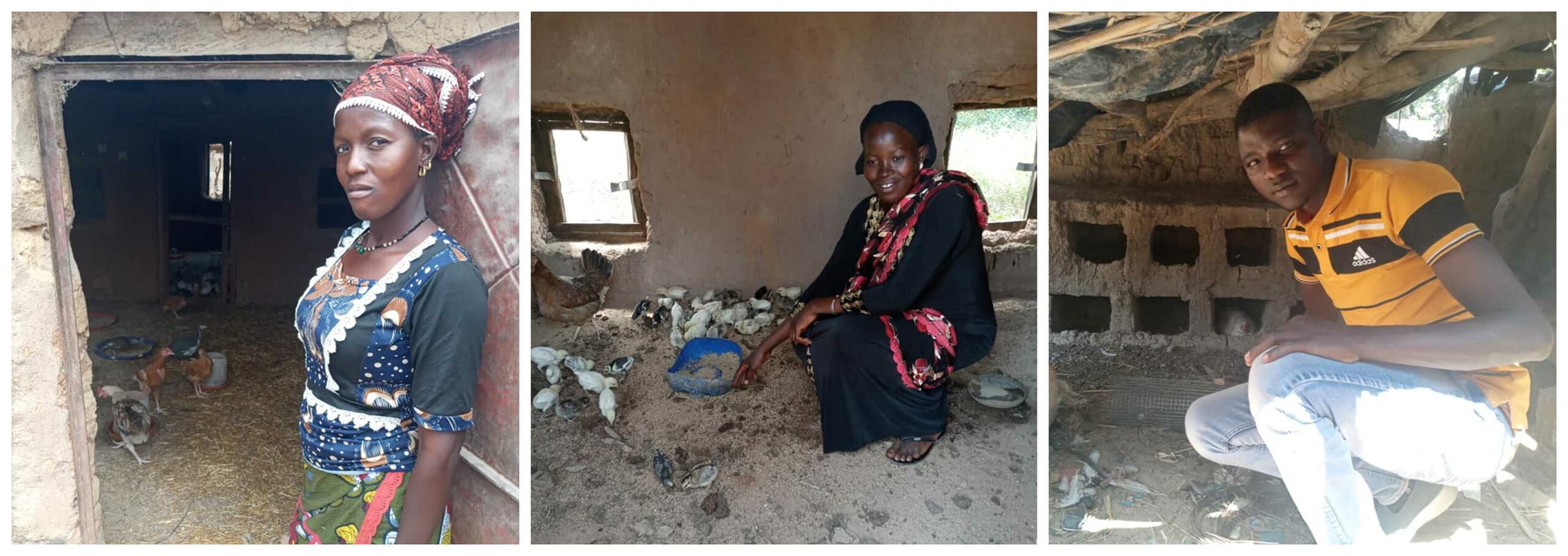Since its creation in 2004, La Coordination Nationale des Organisations Paysannes (CNOP) have been pushing for the promotion of family farming within the framework of food sovereignty to ensure, in a sustainable way, the development of agriculture in the Republic of Mali.
However, the major challenges of the sector remain: (i) to ensure sustainable food and nutritional security / sovereignty for a growing population; (ii) to contribute to poverty reduction by improving income and well-being ; (iii) ensure land tenure security for communities as well as the restoration and sustainable management of natural resources and biodiversity; (iv) create or support decent jobs for working people, especially women and young people in family farms.

Also, from a sustainable development perspective, these challenges are inseparable from the challenges of local food systems / seed systems, based on greater diversification with healthy and nutritious products while ensuring decent jobs and added value at the level of the local communities. Peasant agroecology with local and solidarity partnerships is central to strengthening the local, national and sub-regional markets in Western Africa.
There is today a consensus among peasants, researchers and international institutions – especially in the backdrop of the pandemic – on the need to reorient agriculture towards more environmentally sustainable and more socially just production methods in order to ensure food sovereignty for all countries and communities across the world. There are local production systems capable of doing this and which can empower peasants while limiting, among other things, the use of fossil fuels and chemical inputs: these are systems that meet the principles of peasant agroecology.

In 2017, while marking a Decade of the Food Sovereignty Forum held in Nyéléni in Mali, peasants articulated around 7 pillars of action, value and principle and of a definition of peasant agroecology. We claim a peasant agroecology, synonymous with dignity, based on knowledge, know-how, interpersonal skills and peasant know-how. It is a united way of life based on practices transmitted, valued and shared, on common values and principles, in particular human rights. Peasant agroecology, through its philosophical, social, environmental and economic dimension integrates all forms of ecological, organic, fair-trade agriculture. It is the key today and tomorrow to preserve humanity and the planet.
It is in this context that CNOP is coordinating alongside other civil society organisations, a “National Platform for Peasant Agroecology” to carry out advocacy actions for policies favourable to peasant agroecology and coherent joint actions and training.

The position of the CNOP and the other members of the national platform on the issue of agroecology is centered on the urgent need to have peasant agroecology recognized as the best approach for an agriculture that values our cultural identities and our knowledge, our healthy and nutritious food and seed biodiversity, our empowerment, generating local economic dynamics and better income for family farms in social cohesion and peace with a global approach at the level of terroirs, communities.

